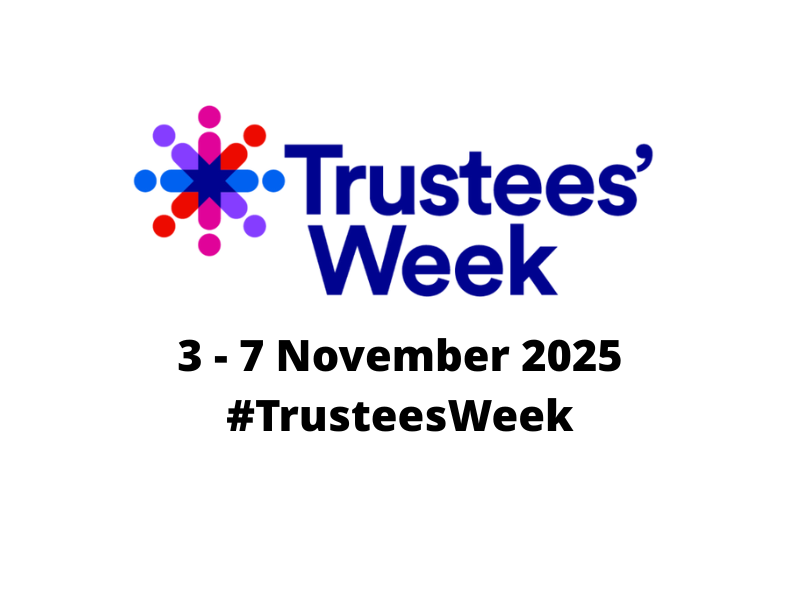Overseas Care Recruitment Challenges Ahead
A Short-Sighted Move? Why the Ban on Overseas Care Recruitment Could Cripple the Sector
A Policy Shift with Big Consequences
Labour’s newly unveiled white paper outlines proposals to halt new overseas recruitment for care roles—part of a broader effort to cut legal migration and focus on the UK domestic workforce. However, this move has sparked serious concern among unions, care providers, and charities, who argue that such a policy could place unbearable strain on an already overstretched sector.
An Industry on the Brink
With no viable domestic workforce strategy currently in place, eliminating overseas recruitment only exacerbates problems in a sector already grappling with chronic staffing shortages and poor employee retention. Experts warn that this decision could drive down the quality of care dramatically.
Promises Without a Plan
While the government points to the Fair Pay Agreement and the Employment Rights Bill as long-term solutions, these measures remain years away from implementation, lacking both funding and concrete frameworks. The danger lies in cutting off essential overseas labour before these domestic strategies are ready to take effect.
Undermining a Vital Workforce
Rather than solving the crisis through investment and workforce development, the government appears to be dismantling one of the few functioning recruitment avenues in the social care sector. It’s a risky bet. Social care isn’t “low-skilled”—it’s high-skill, low-pay work that demands recognition, respect, and real reform.
The Numbers Paint a Stark Picture
According to Skills for Care, there are approximately 131,000 vacancies across residential and domiciliary care in England alone. In 2023, more than 58,000 overseas care workers came to the UK through skilled worker visas, with almost half of them joining social care. These international recruits also show higher retention rates than domestic workers—30% compared to 41.1%.
The Human Cost of Exclusion
The NHS and social care systems owe much of their resilience to migrant workers. Now, as immigration restrictions tighten, many skilled professionals face uncertainty. Their future—and the stability of our healthcare system—hangs in the balance.
What Needs to Happen Now
It’s time for a reality check. We all rely on the social care sector at some point in our lives. The government must ensure that current overseas workers can stay, and that domestic training, fair pay, and workforce development are in place before any changes to immigration rules are enforced.



